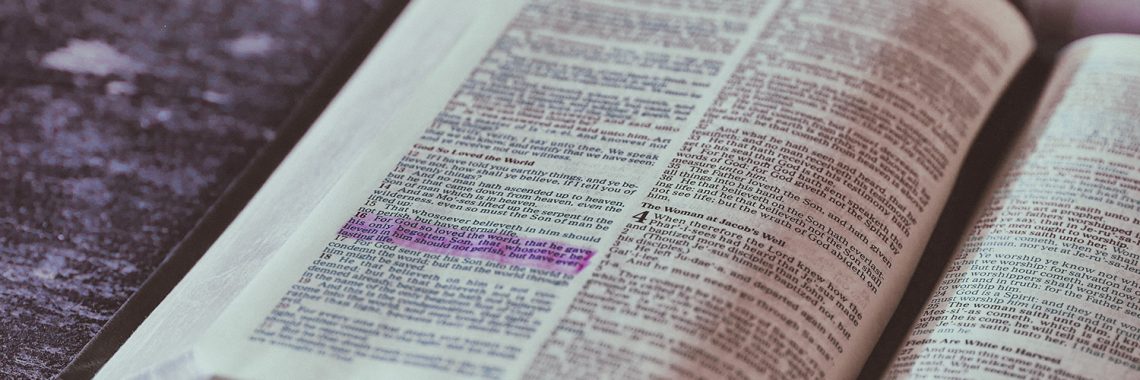Having seen the most recent devastating floods in parts of Poland, Spain and the UK, on top of the overall gloomy outlook, I find the words of today’s gospel, uttered some two thousand years ago, uncannily topical: “There will be […] on the earth distress of nations in perplexity because of the roaring of the sea and the waves, people fainting with fear and with foreboding of what is coming on the world.” Those floods I’ve just mentioned had a couple of things in common: the unprecedented devastation on a biblical scale and the people’s anger at officialdom. The latter was particularly evident when the Spanish Prime Minister, King and Queen visited the most badly affected area and were pelted with insults and mud by angry residents. Interestingly, the democratically elected officials swiftly legged it while the king and queen stood their ground and engaged with the crowd. What made the affected people angry with officialdom? A few things: lack of preparedness in the long term, lack of readiness in the face of the incoming storms, warnings that came too late or not at all, and a lack of support in dealing with the aftermath. Apart from the last one, all this rings true regarding the liturgical season we have just commenced: Advent.
Its religious meaning is significantly different from the secular version of it. The latter is effectively a run-up to Christmas, filled with excessive shop decorations to drive up sales, office parties and the like. However, in a Christian religious sense, Advent is much older than Christmas, if not by name – it appeared around the 5th century – certainly by attitude. In fact, Advent is as old as Christianity itself. The early Christians expected Jesus’ triumphal, victorious prompt return in glory to deliver the ultimate liberation of his oppressed followers and defeat their enemies. The Greek term for Jesus’ second coming was “parusia”, which means “arrival”; it was translated into Latin as “adventus”. The New Testament is awash with manifestations of such a deep longing. Today’s gospel reading is one of those.
It might be quite difficult for us to imagine why anyone would yearn for the fulfilment of such dramatic predictions. Not to diminish the challenges and troubles we have to face on a personal level, we live in a relatively comfortable environment in this country. But there are places around the world where people feel utterly helpless against violent enemy forces in one form or another, with inadequate or no means to protect themselves. They yearn for salvation that can only come from outside. Mentally and spiritually, that was the position of many Christians in the early ages. They had no power, influence, or agency over their lives or fate. There was no chance for them to get permanent relief or alleviation in earthly terms, so they put their hopes in the triumphal coming of their Saviour, Jesus Christ. As the first generation of Christians passed away without seeing the Second Coming, the understanding of the form or immediacy of it evolved. We can see that in St Paul’s letters to the Thessalonians and particularly in the Second Letter of St Peter: “Do not ignore this one fact, beloved, that with the Lord one day is as a thousand years, and a thousand years as one day. The Lord is not slow about his promise as some count slowness, but is forbearing toward you, not wishing that any should perish, but that all should reach repentance.” (3:8-9) There was one unchanged aspect of the Second Coming: its unknown timing. Consequently, Jesus’ disciples should always be ready, whenever and however it comes. Such preparedness was addressed in the second part of today’s gospel: “Watch yourselves lest your hearts be weighed down with dissipation and drunkenness and cares of this life, and that day come upon you suddenly like a trap.”
That caution has remained relevant over the centuries and generations. Postwar wealth growth – the so-called peace dividend – has coincided with a widely reported decrease in religious practice. Although it would be dangerously simplistic to see this in terms of cause-and-effect, certainly it’s been an important factor. In the most recent debate on assisted dying, I heard a lot of interesting pro-argument as taking control over the final uncontrollable aspect of human life. However aspirational, the desire to have total control over one’s life is just the newest incarnation of the perpetual temptation: “You will be like God.” (Genesis 3:5)
The Christian attitude is different. While we take responsibility for what we can control, we also accept there are things and realities beyond our powers. Jesus’ caution in today’s gospel came with the means of regaining control when it has slipped out of our hands: “Stay awake at all times, praying that you may have strength to escape all these things that are going to take place, and to stand before the Son of Man.” Life will always throw challenges and troubles, and we can’t avoid them. It’s how we deal with them that matters. Perhaps this Advent, while longing for Jesus’ return, we could refresh our humility by adopting the prayer of serenity as our own:
“God grant me the serenity to accept the things I cannot change;
the courage to change the things I can,
and the wisdom to know the difference.Living one day at a time;
Enjoying one moment at a time;
Accepting hardships as the pathway to peace;
Taking, as He did, this sinful world as it is, not as I would have it;
Trusting that He will make all things right
If I surrender to His Will;
So that I may be reasonably happy in this life
And supremely happy with Him
Forever and ever in the next. Amen.”


